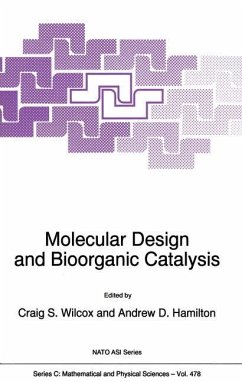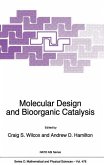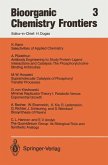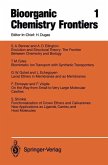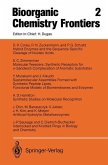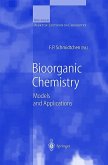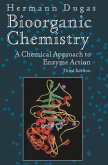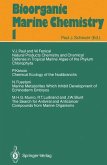One of the most active areas of contemporary organic chemistry involves the search for new catalysts that borrow concepts, strategies and even components from enzymes but yet are not found in nature. Such artificial enzymes not only give enormous insights into the mechanisms of enzyme catalysis but also offer the potential for catalyzing a wide range of chemical reactions with no counterpart in nature. Several approaches have been taken in the deVelopment of new catalysts, some based on biological methods and others on synthetic techniques. Site directed mutagenesis has allowed the direct replacement of amino acids in an enzyme with resulting changes in stability, selectivity and mechanism. Recent developments have shown that even non-natural amino acids can be incorporated into proteins and also that enzymes can function effectively in organic solvents. A different biological route to artificial enzymes has exploited the immune system and its ability to generate millions of antibodies to a given antigen. Novel antigens have been designed to mimic the transition states of chemical reactions. Antibodies elicited against these antigens thus contain an active site that is complementary to transition state structure and can potentially catalyze target reactions. A broad range of reactions can now be 6 catalyzed using the method with rate accelerations reaching 10 compared to the control reactions. Protein engineering and catalytic antibodies represent complex solutions to the problem of artificial enzymes. Their complexity is however their principal limitation.
Hinweis: Dieser Artikel kann nur an eine deutsche Lieferadresse ausgeliefert werden.
Hinweis: Dieser Artikel kann nur an eine deutsche Lieferadresse ausgeliefert werden.

